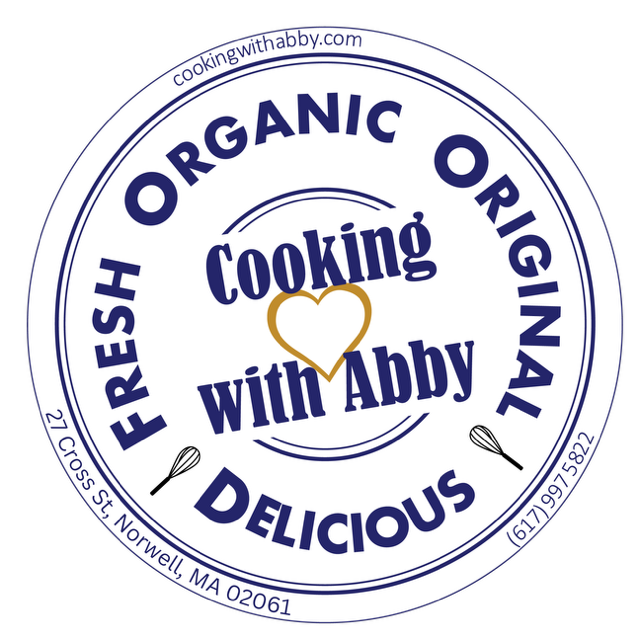The Psychology Behind Baking and Cooking
For many, handmade food has brought love, support, and community during whatever situation someone is in. Me, my love for the culinary arts all began when my twin sister and I wore matching princess pajamas, taking turns licking the dough-filled bowl. Baking became my oasis, providing comfort in the precision of each recipe. If I follow the directions, I will yield perfect results. Now, I know that I am not the only person who took up baking bread during quarantine. I even created a TikTok account, documenting food that I made during the pandemic. I can still recall the excitement my sister and I felt when our mac and cheese video got ten thousand views! So, what is the psychology behind baking and cooking? Why do people cook and bake?
Baking and cooking is a way for them to relieve stress. In times of uncertainty, many spend time in the kitchen to bring them back to their childhood, and to remind them of the time they spent cooking in the kitchen with their parents. In this way, baking gives them a feeling of nostalgia for them. Even more, the act of baking often triggers various parts of our brain, including the amygdala (the processing center for emotions) and the hippocampus (which forms memories) which ultimately help us reduce stress and anxiety.
Ultimately, sometimes there are no words, and only food can communicate what you’re trying to say. The very act of giving is present when cooking or baking. You can get lost in the cloud of flour that erupts from the mixer and be engrossed in the repetitive motions of measuring, mixing, and whisking that are calming and centering. So, next time you are in the kitchen, remind yourself of why you like to bake and remember “Stressed is desserts spelled backward.”

